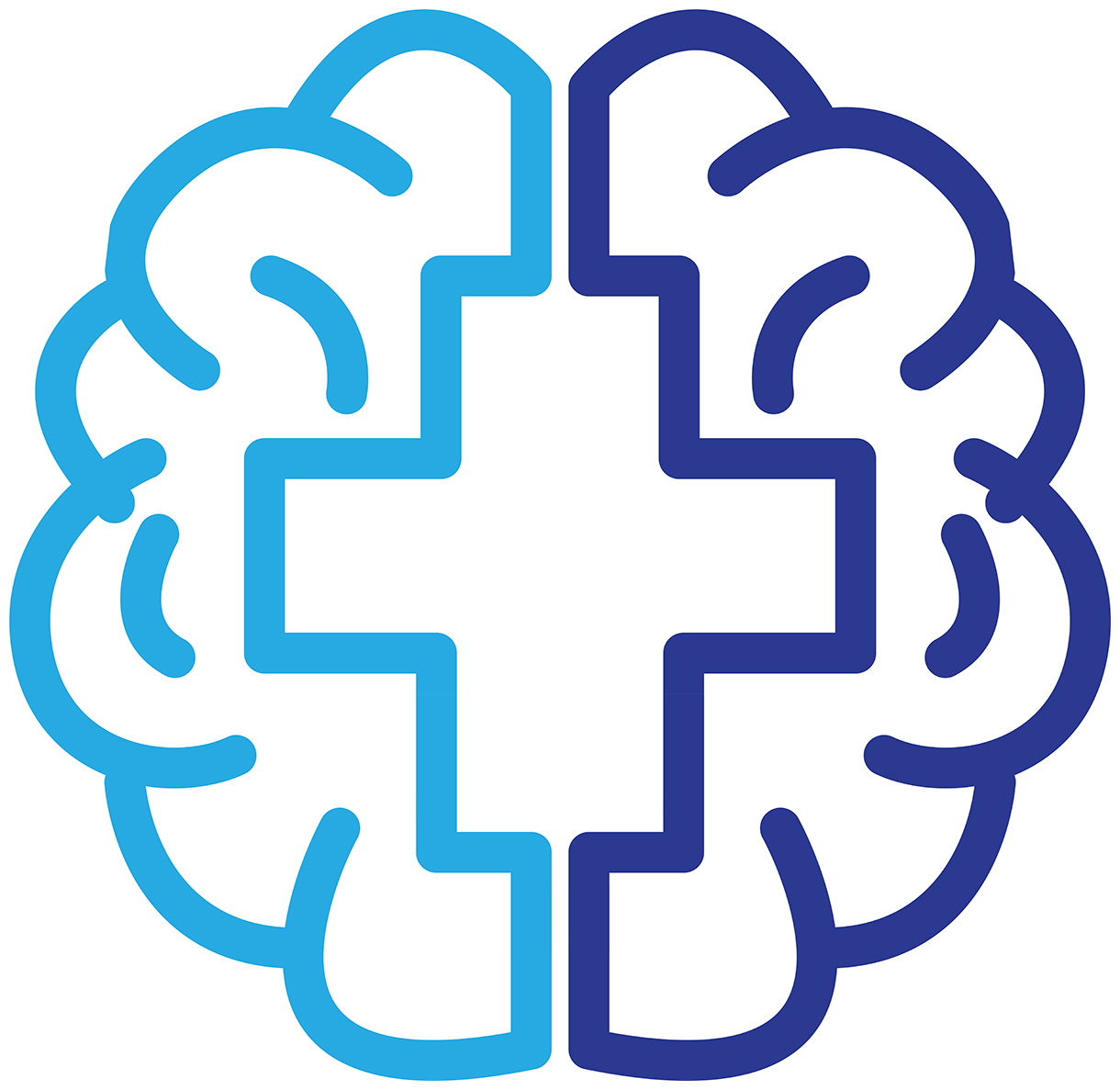Alcohol and the Brain
Liquor
Health
 It is good to understand how alcohol affects the brain and its functions:
It is good to understand how alcohol affects the brain and its functions:
- Alcohol is a depressant. The more you drink, the more specific parts of the brain are affected.
- The cerebrum controls functions like vision, reasoning, emotions, and recognition. As the amount of alcohol consumed increases, vision, movement, and speech are impaired.
- The cerebellum affects movement. Alcohol causes problems with coordination, reflexes, and balance.
- Drinking alcohol causes the hypothalamus to raise blood pressure. It also increases hunger, thirst, and the urge to urinate.
- The hippocampus is the part of the brain where memories are made. Too much alcohol can result in trouble remembering entire events, also known as a blackout.
- The medulla controls breathing and heart rate, which can become severely affected at high blood alcohol levels.
Underage drinking and the brain
Brain imaging shows the brain continues to develop until at least the mid-20s. Much of brain functioning is a chemical balancing act, so changing the chemicals in the brain by using alcohol or other drugs affects how the brain receives, sends, and processes information.
Because the brain is still developing, the impact of alcohol can be more harmful than it is for adults:
- Learning and memory are impaired. Young people who drink often perform worse in school.
- The sleep cycle is disrupted, adding to more difficulty with learning and memory.
- The part of the brain affecting reasoning, planning, and judgment is still developing, and alcohol use increases risky behaviors.
- Alcohol’s effect on coordination, hand-eye movement, speech, and emotional control also increases risks.
- Binge drinking is especially dangerous because the developing brain is more vulnerable to damage.